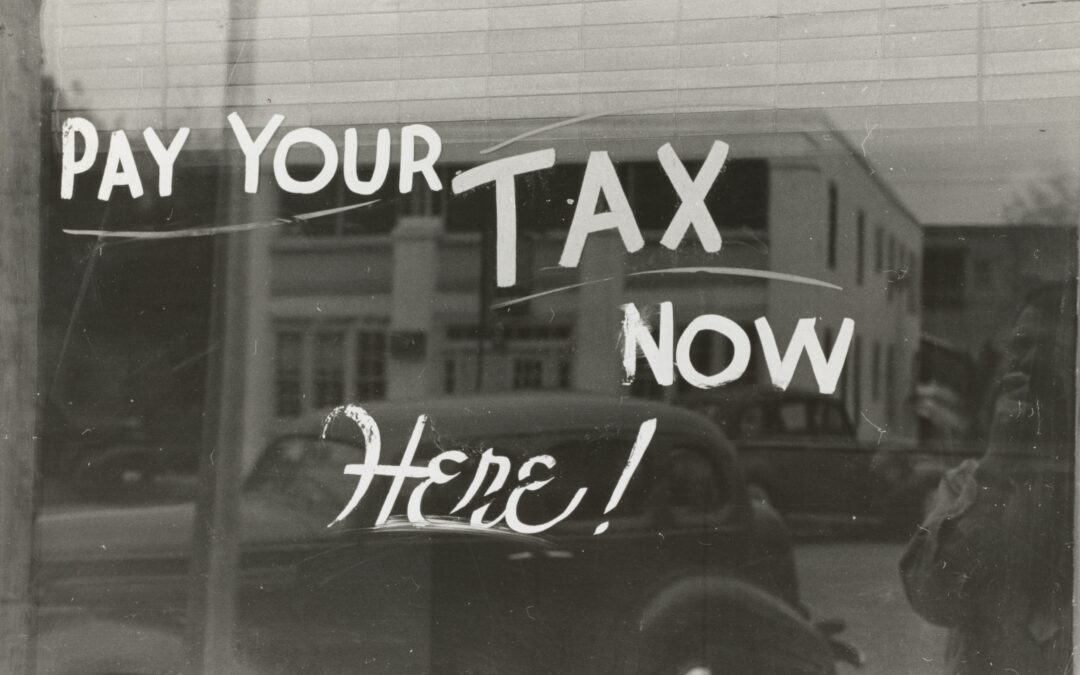W-2s and Form 1099 Misc
Note that all employers must provide W-2s to employees and Forms 1099 Misc for the 2016 taxable year to independent contractors on or before January 31, 2017. Furthermore, the same January 31, 2017 date applies to the filing requirement with the federal government. According to the IRS, the new accelerated deadline will help the IRS improve its efforts to spot errors on returns filed by taxpayers. See IR-2016-143(Doc 2016-21763).
Corporate and Partnership Due Dates
For tax years beginning on or after January 1, 2016, a corporate tax return (Form 1120) for a C corporation will be due on the 15th day of the fourth month after year-end (generally April 15th for calendar year taxpayers, but April 18th, 2017 for the 2016 calendar year). This is a switch from past years when a C corporation tax return (Form 1120) was due on the 15th day of the third month after the end of the corporation’s taxable year.
Another switch this year is the due date for partnership tax returns. In the past, a partnership tax return (Form 1065) was due on the 15th day of the fourth month following the end of the taxable year. Now, for tax years beginning on or after January 1, 2016, the partnership tax return for the year 2016 is due on the 15th day of the third month following the end of the partnership’s taxable year. Thus, for calendar year taxpayers, the Form 1065 is due on March 15th, 2017.
The filing date for subchapter S corporations remains the same, namely, the 15th day of the third month. Thus, for most S corporations this year, the filing due date is March 15, 2017.
FBAR Reports
Many taxpayers are unaware of the filing requirements that are required under the Bank Secrecy Act. Under this Act if a taxpayer has a financial interest in or signature authority over a foreign financial account including a bank account, brokerage account, mutual fund, trust, or other type of foreign financial account exceeding certain thresholds, you may be required to report the account every year to the Department of Treasury. The report is filed electronically by filing a Financial Crimes Enforcement Network (FinCEN) 114 Report of Foreign Bank and Financial Accounts (FBAR).
The FBAR is an annual filing requirement and is a reporting requirement only (i.e. no tax is due with the filing). In general, taxpayers must file the report if the aggregate value of financial accounts exceeds $10,000 at any time during the calendar year. Note this is a cumulative balance of all foreign accounts. Thus, if a taxpayer has two accounts, one with a highest balance of $3,000 and the other with a highest balance of $7,500, the taxpayer is required to file a FBAR report.
Even though no tax is due when the taxpayer files an FBAR report, the penalties for not filing are very steep. Thus, those required to file a FBAR report who fail to file a complete and correct FBAR may incur a civil penalty not to exceed $10,000 per violation for non-willful violations unless the failure is due to reasonable cause. However, if the failure to file is willful, the penalty imposed may be greater than $100,000 or fifty percent (50%) if the balance in the account at the time of the violation, for each violation.
One reason this return was often overlooked in the past was the due date of the FBAR which until last year was June 30th. Now, effective for the reporting years beginning with the 2016 calendar year, the FBAR is due at the same time as the due date for an individual’s Form 1040 which is usually April 15th. For calendar year 2016, it is April 18th, 2017.
Another matter that taxpayers with foreign assets need to be aware of is that they may be subject to the so-called FATCA (Foreign Account Tax Compliance Act) filing requirement which has to be reported on Form 8938. This form is filed with the taxpayer’s income tax return and is in addition to the FBAR filing requirement. The threshold requirements of FATCA are higher but, again, the penalties imposed for failure to file this Form 8938, like the failure to file an FBAR, are very steep.
Our firm is very familiar with these requirements and we assist taxpayers in complying with these obligations, especially with those taxpayers who have failed to file these returns and forms in the past.
Send us a message through the form below or call our firm at 816-561-5000 to schedule a consultation.
*This post was originally published on January 17, 2017
Send a Message
By entering information in this website form, you are not creating an attorney client relationship and confidentiality cannot be guaranteed. Please keep your message brief and general to avoid releasing any private information.

